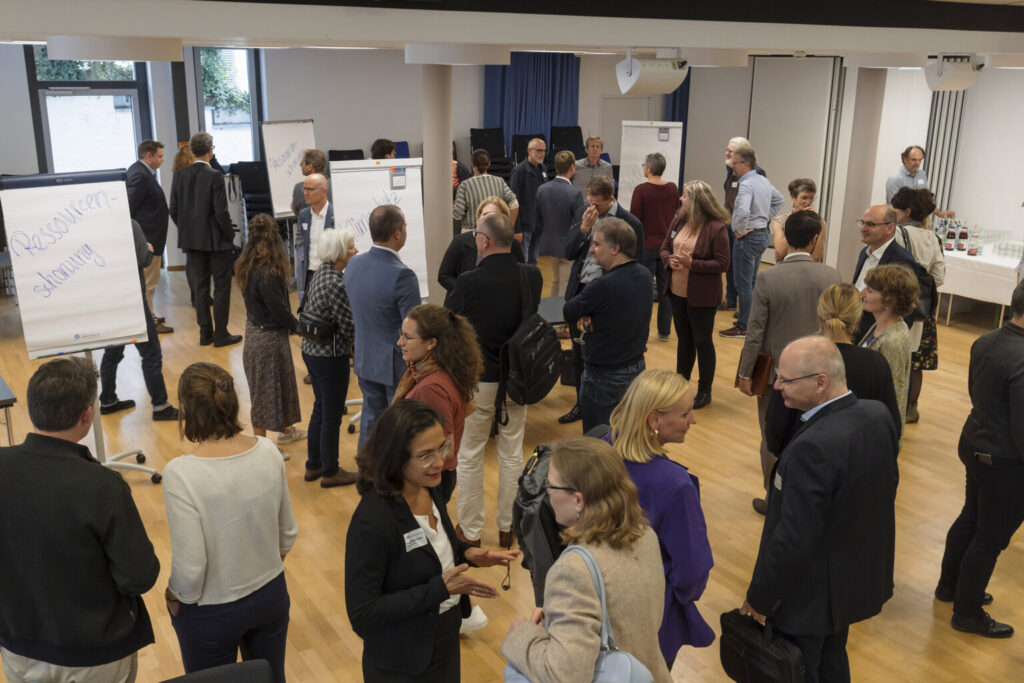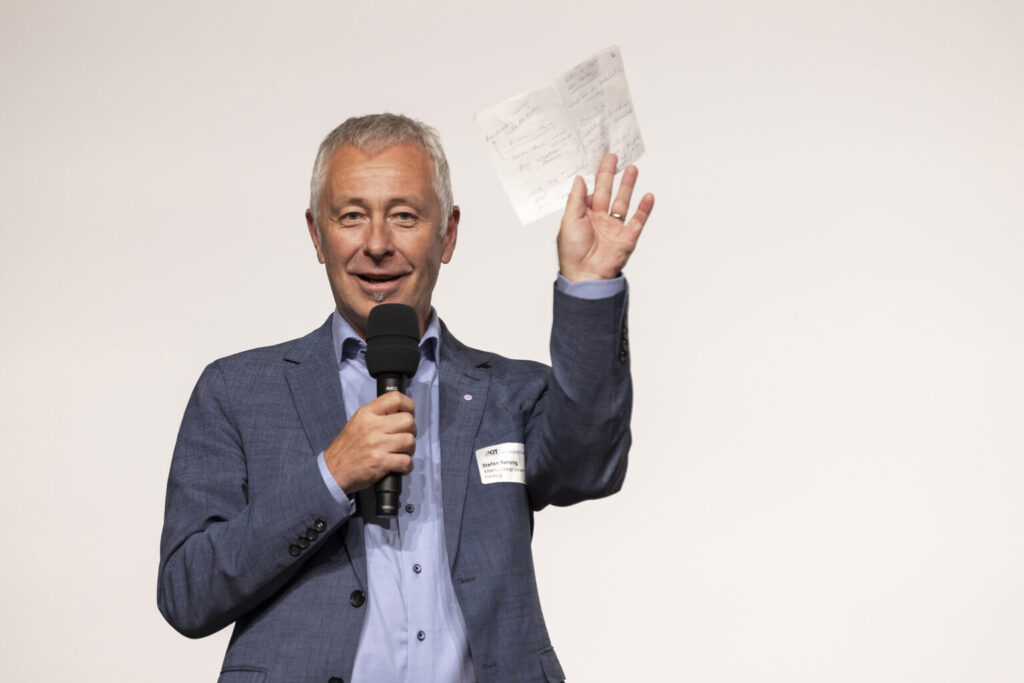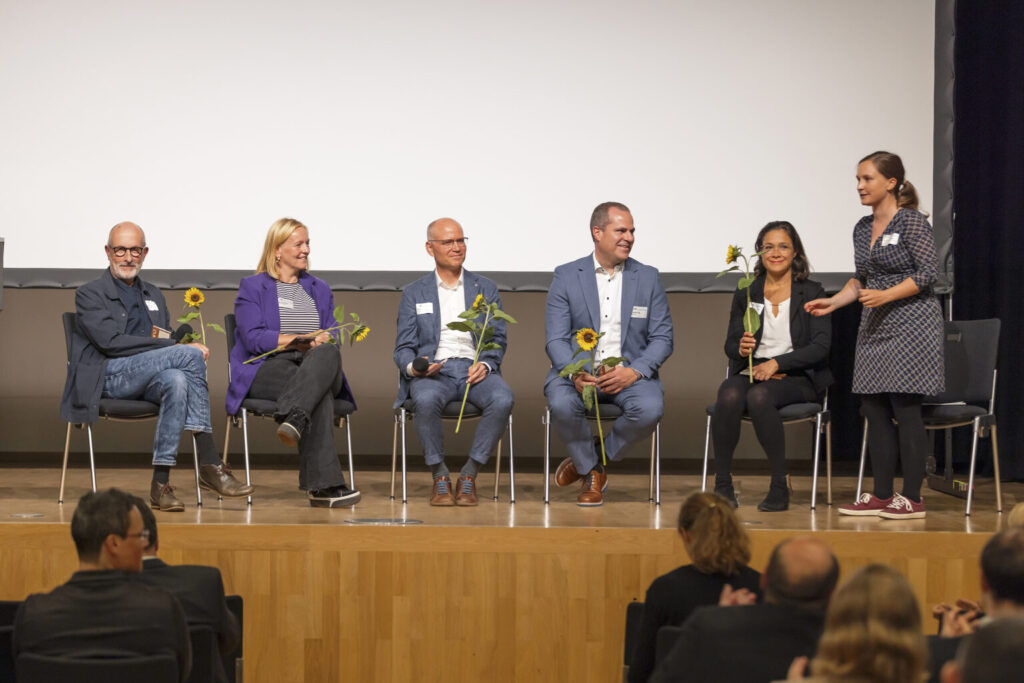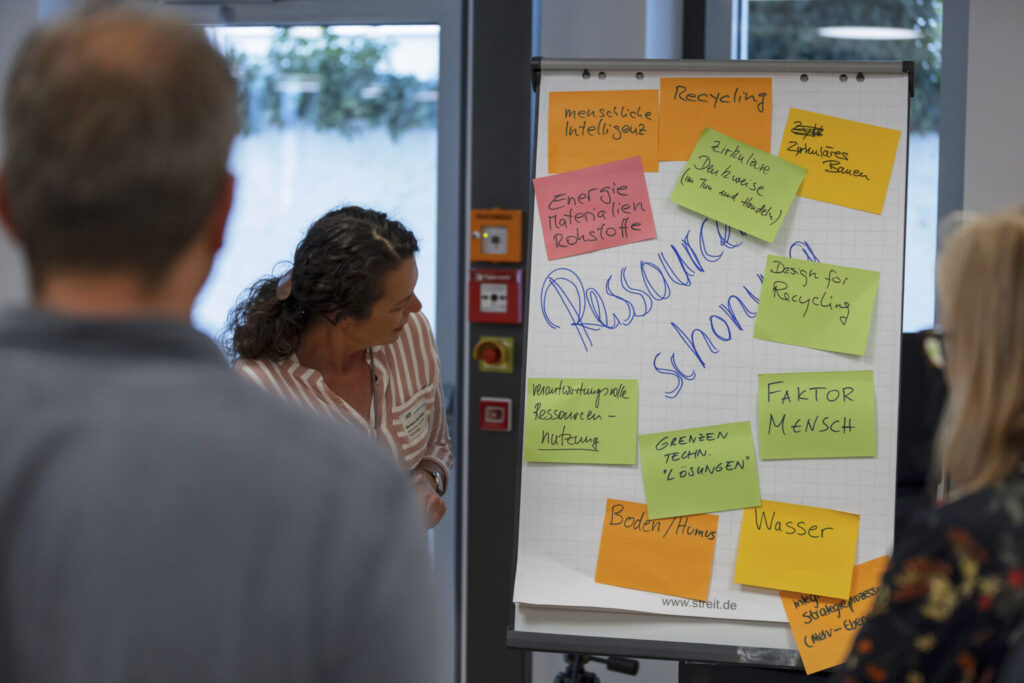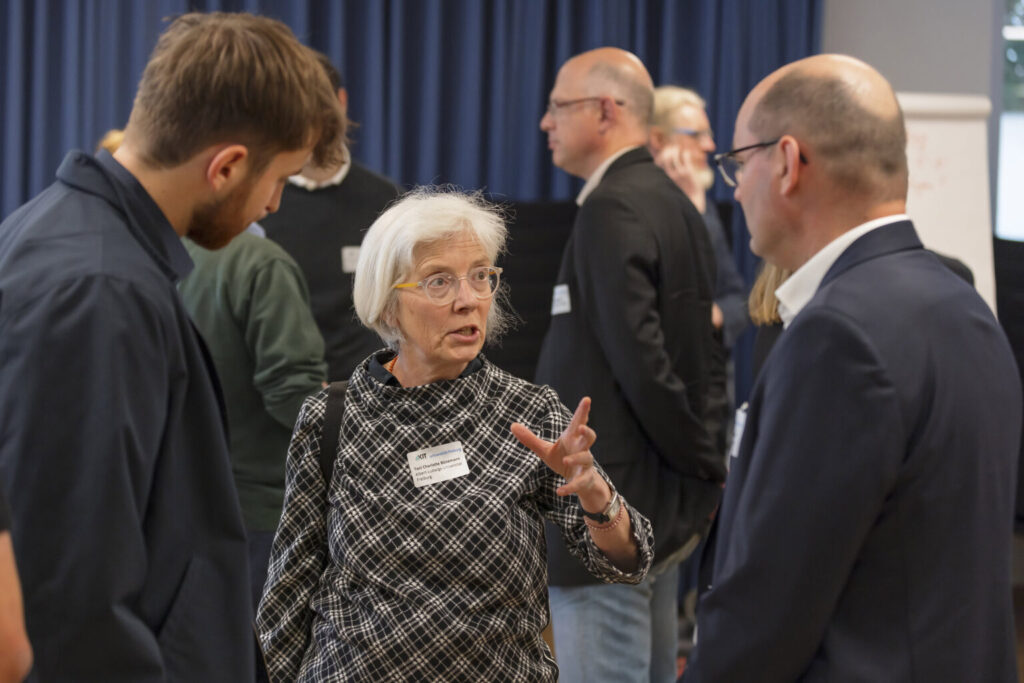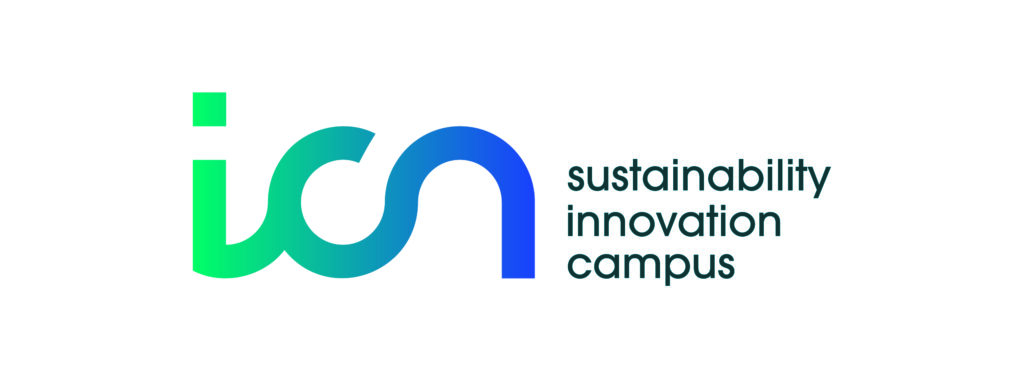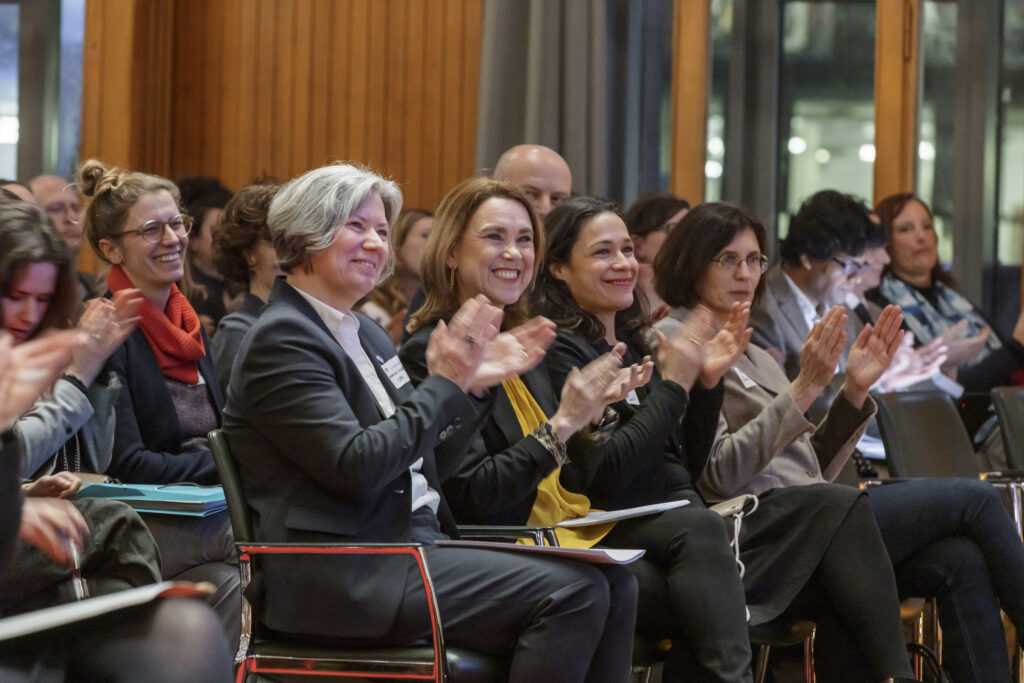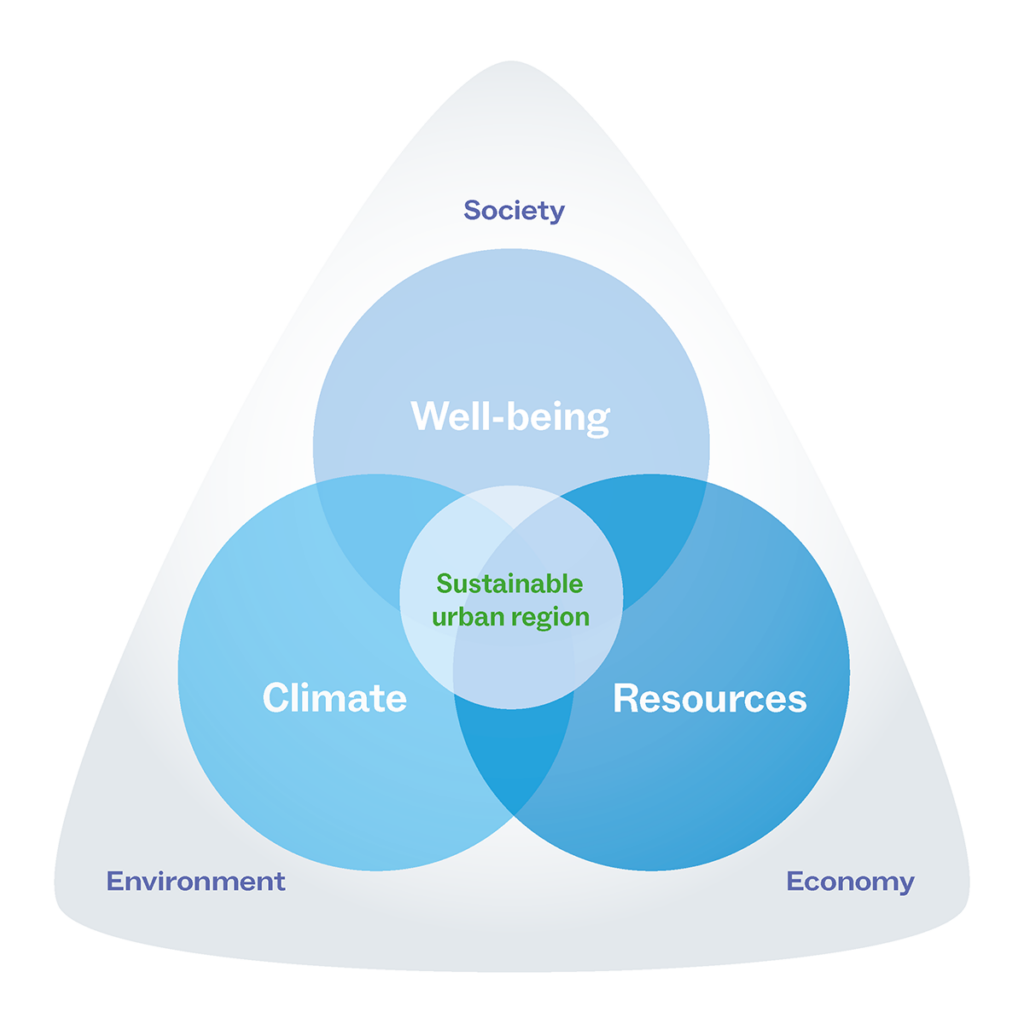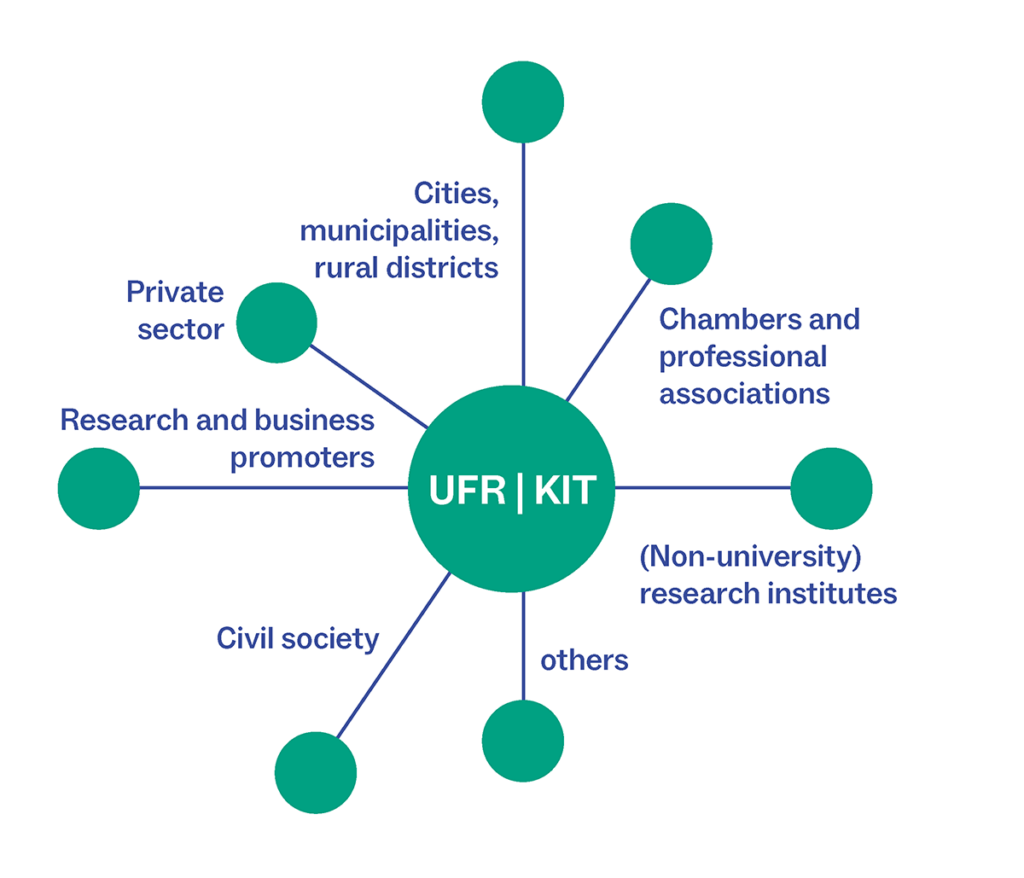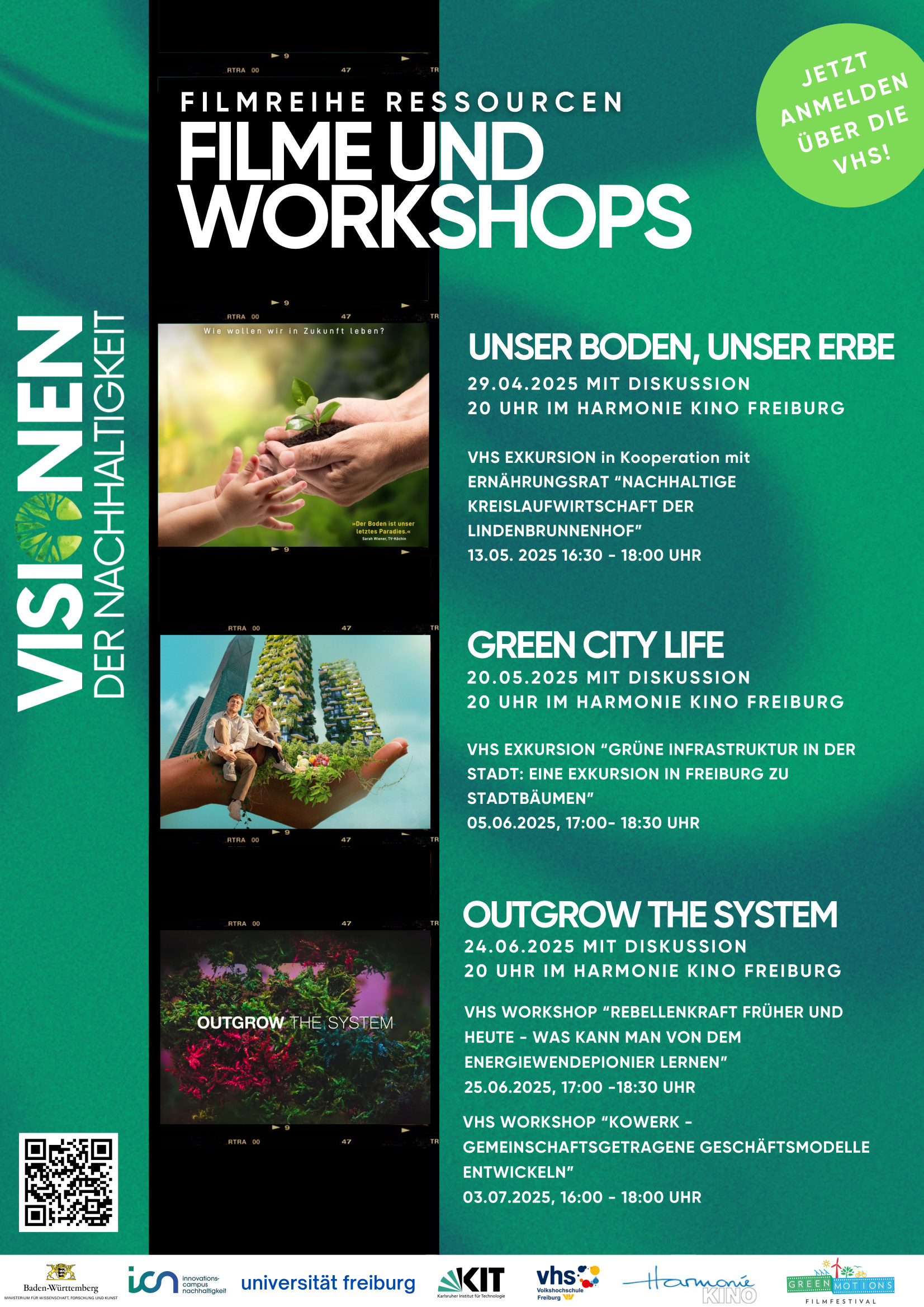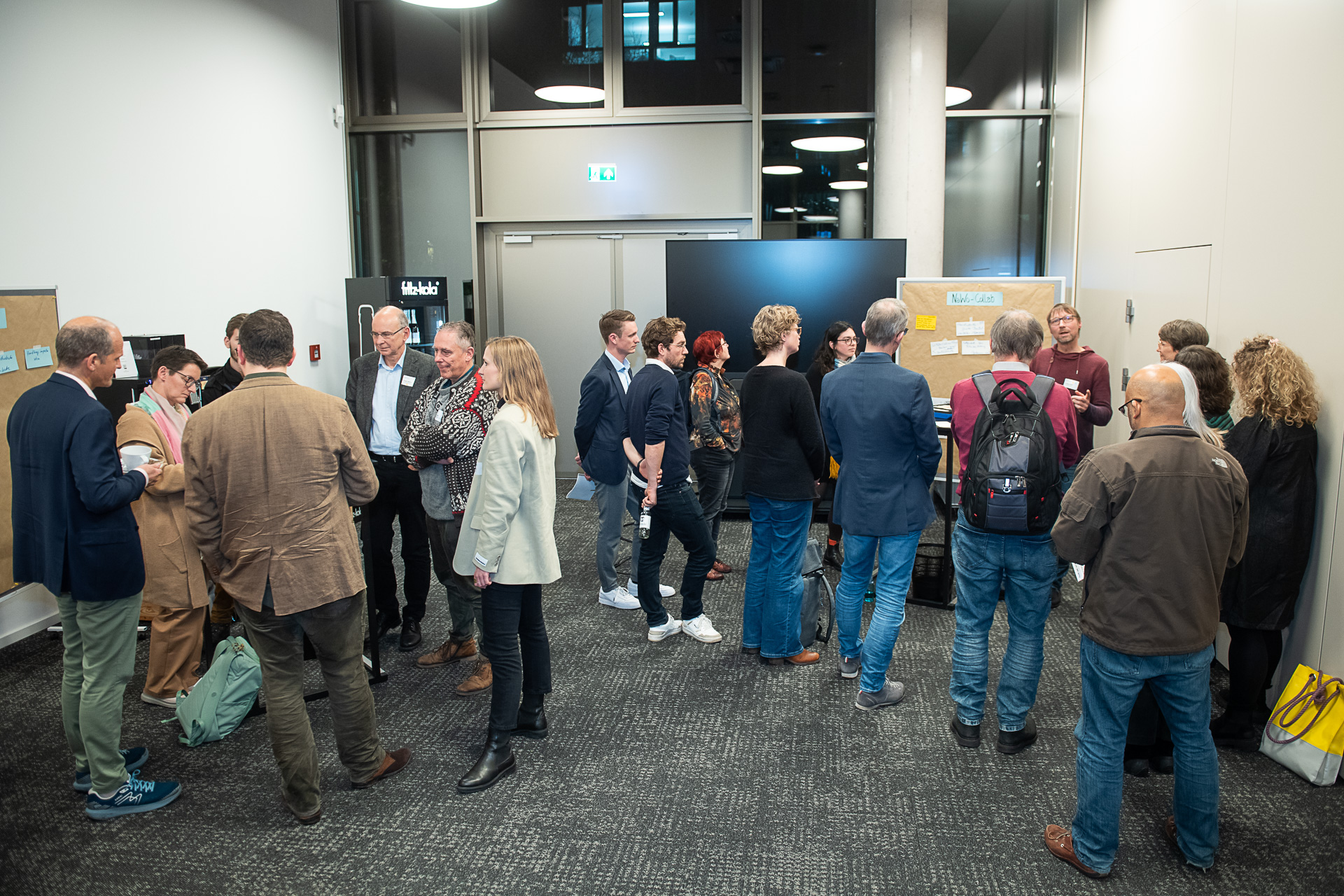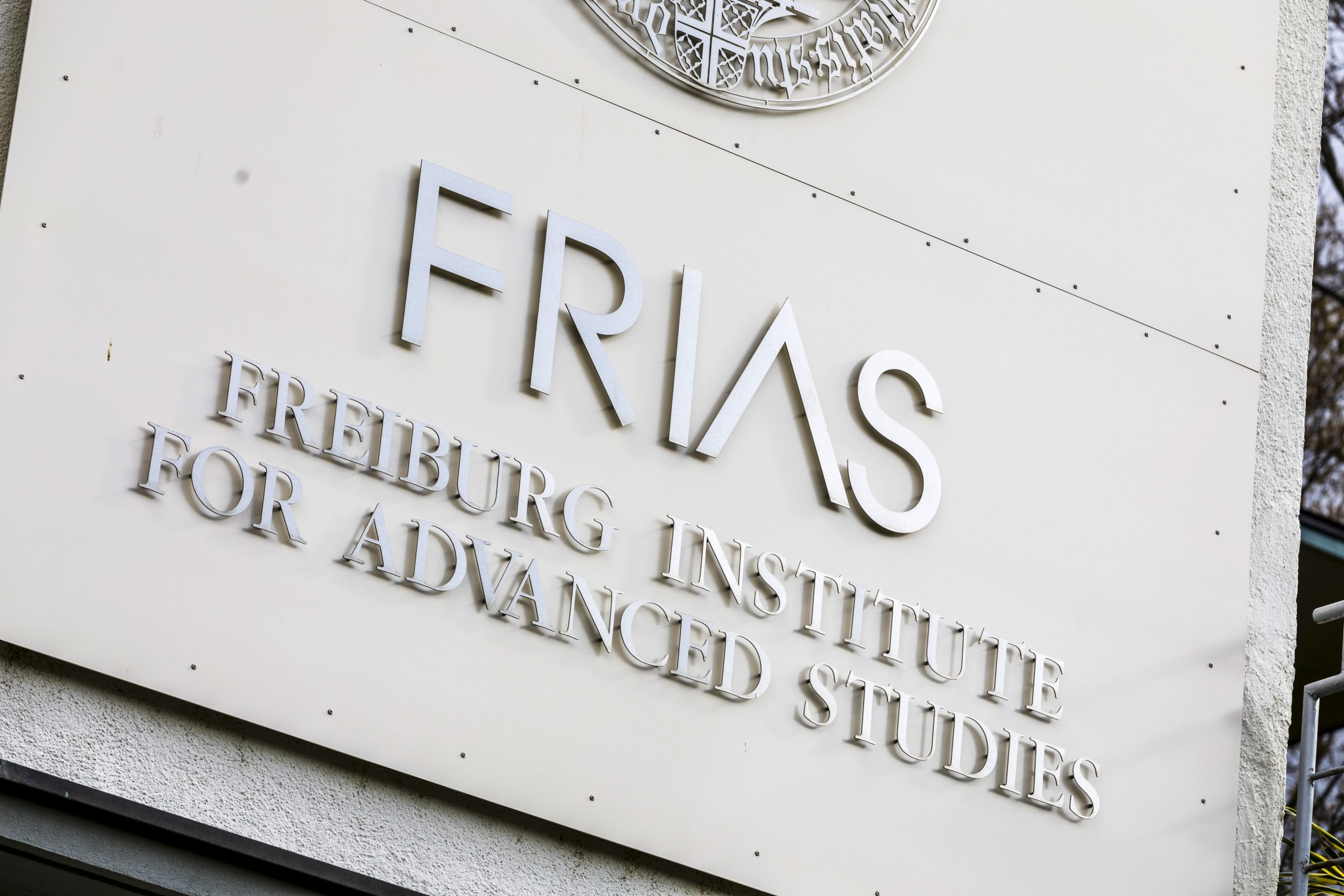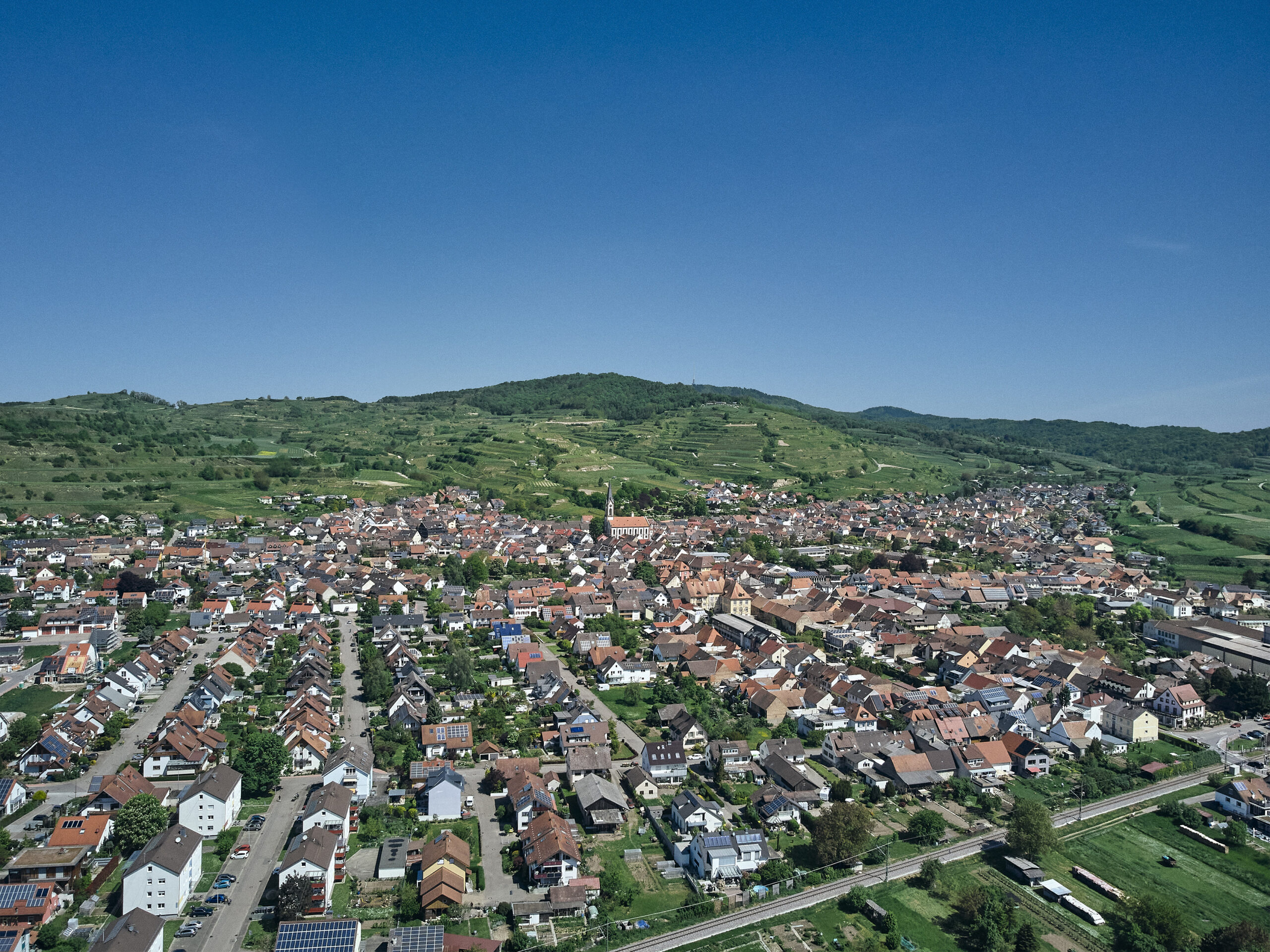Documentation of Past Events
Sustainability Science Summit 2025 (19.-21.2.2025)
Transdisciplinary Interface Management (TIM) in sustainability science was the topic of a joint and hybrid session of researchers and practitioners at the Deutsches Komitee für Nachhaltigkeitsforschung (DKN) Sustainability Science Summit 2025 in Berlin. This well-attended session was organized by a consortium of the Transformational Sustainability Science Group at the Albert-Ludwigs-Universität Freiburg, ISOE – Institut für sozial-ökologische Forschung, the Sustainability Innovation Campus, the University of Kassel, the RIFS Forschungsinstitut für Nachhaltigkeit and the Leuphana Universität Lüneburg.
The presentation on TIM in Sustainability Science was followed by lively discussion on the need for TI-Managers to facilitate successful transdisciplinary sustainability research, as well as the requirements for this role and its institutionalization. Being part of the conference offered a lot of new insights on sustainability science and the governance of it’s projects as well as great networking opportunities.
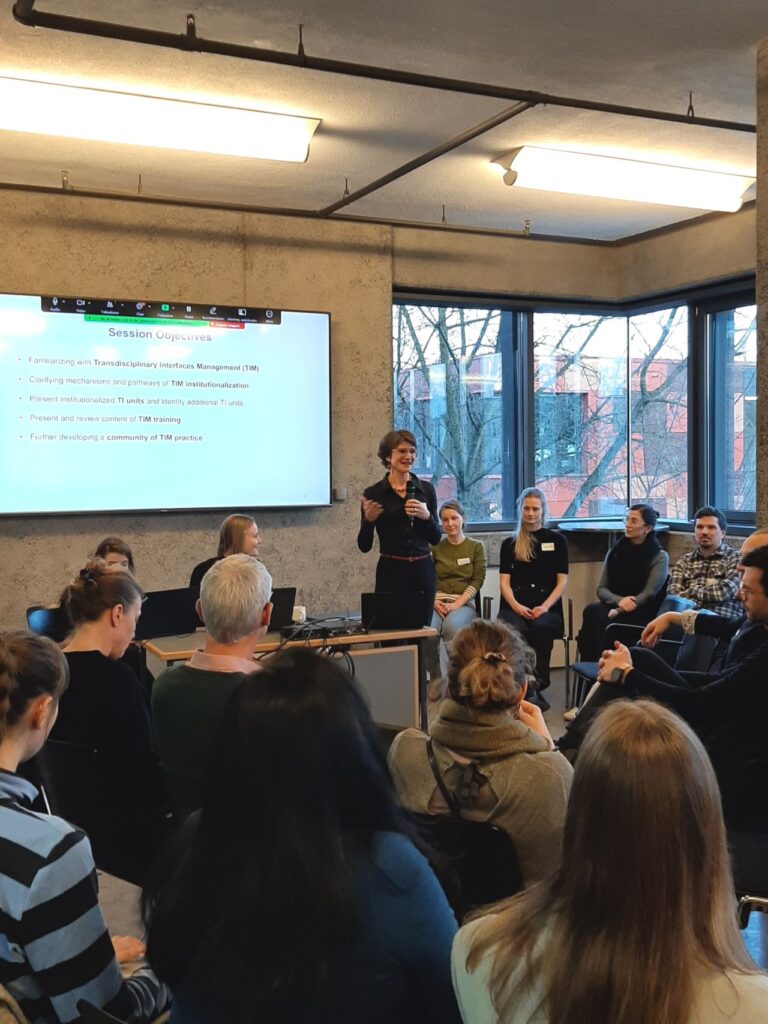
International tdAcademy Fellowgroup at ISEO (10.-12.2.2025)
From February 10 to 12, 2025, the Institute for Social-Ecological Research (ISOE) hosted a workshop on transdisciplinary interface management. Besides experts from Freiburg, Karlsruhe, Zurich, Eberswalde, Utrecht, Mexico City, Sacramento, and Portland, Dr. Dörte Peters and Dr. Nina Kulawik from the ICN also participated.
The workshop was organized by Dr. Katja Brundiers and Prof. Dr. Arnim Wiek from the Transformational Sustainability Science Group at the University of Freiburg. Prof. Wiek is also leading the ICN project “Sustainability Transformation in Community Catering.
Smart Region Day 2025 (7.2.2025)
On February 7, 2025, the ICN participated in the Smart Region Day 2025 hosted by Baden Campus. The Smart Region Day facilitates exchange among municipalities, startups, and experts on the future of urban development.
Sustainability Dialogue Platform of the ICN (2.12.2024)
The ICN’s first Sustainability Dialogue Platform took place on December 2, 2024 with over 80 stakeholders from the Upper Rhine region at the Schaltwerk in Freiburg. The networking format for science, business, politics, civil society, administration, art and culture aimed to bring together a broad spectrum of relevant stakeholders in order to inform them about the ICN’s current activities and develop them further together.
After a welcoming address by JobRad GmbH Managing Director Andrea Kurz, the renowned sustainability scientist Prof. Dr. Ortwin Renn gave an inspiring (online) keynote speech in which he explained the central elements of transdisciplinarity and presented appealing examples of this special type of research in which science and society jointly shape sustainability transformations throughout the entire research process.
The six projects currently funded by the ICN then presented their work and their questions to the participants in short highlights, which they then discussed together with interested parties in six table groups.
After the summary of the results by Prof. Dr. Kora Kristof, Vice President of Digitalization and Sustainability at KIT, and Prof. Dr. Melanie Arndt, Vice Rector for Internationalization and Sustainability at the University of Freiburg, an aperitif with open match-making between science and society took place.
We would like to thank all participants for the successful event! With their different perspectives, they made this evening a successful start to the ICN’s ‘Sustainability Dialogue Platform’ format and we look forward to seeing them and more at the next event.
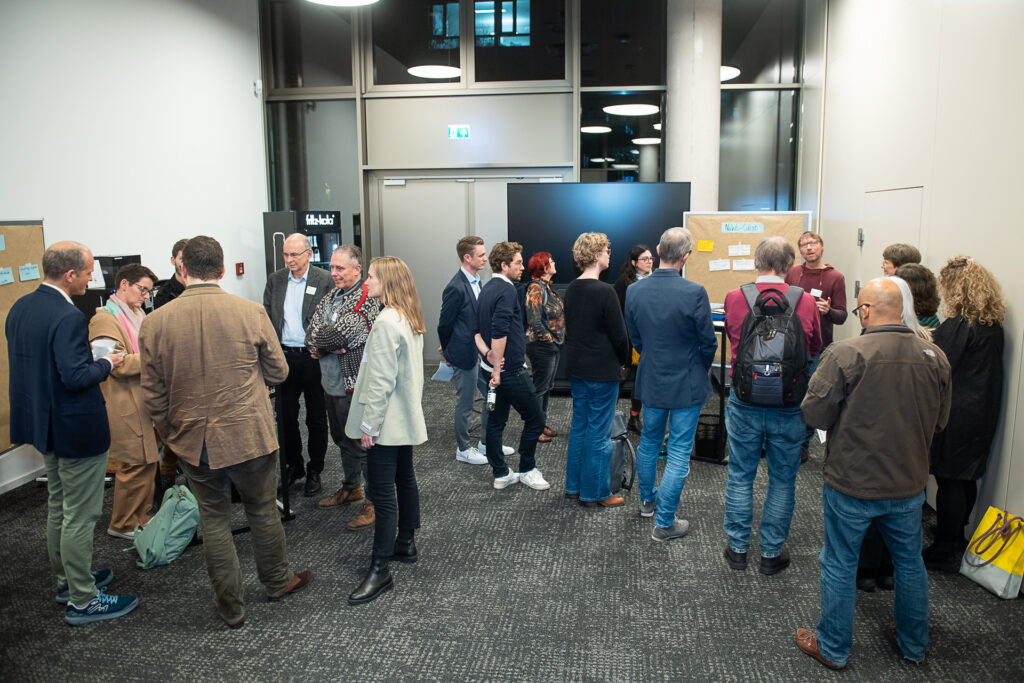
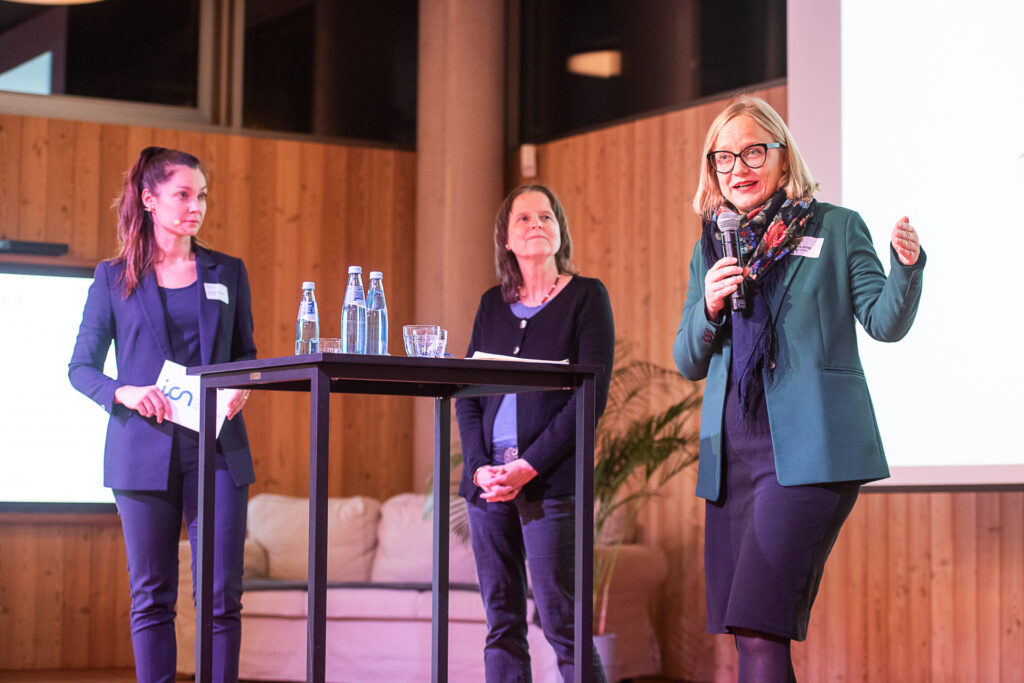
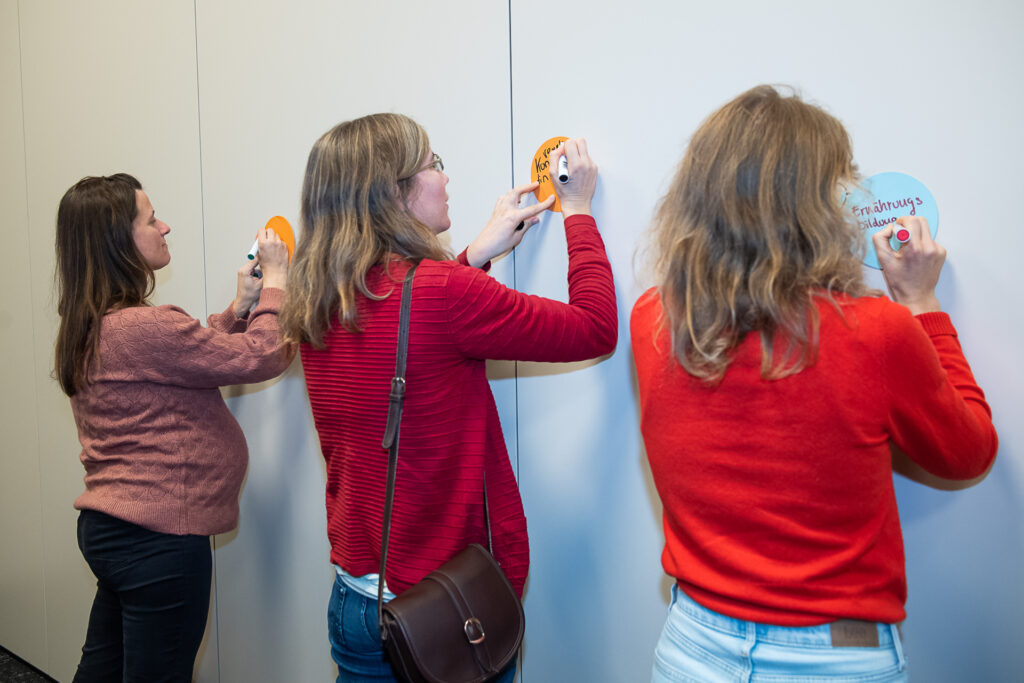
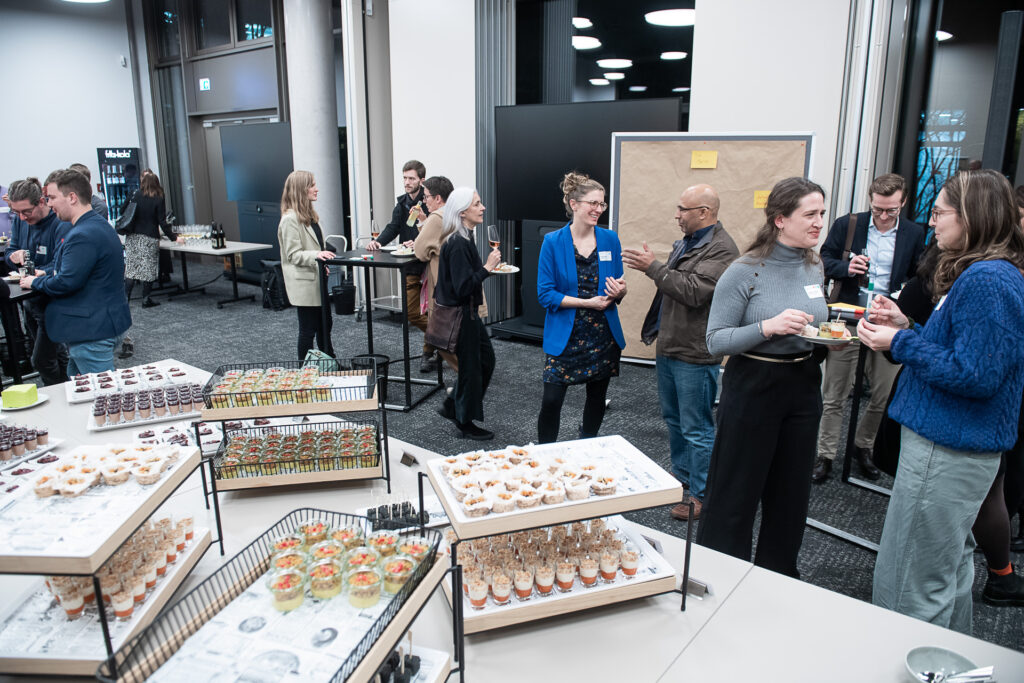
Second VISIONS OF SUSTAINABILITY film event at the packed Harmonie Kino (19.11.2024)
On November 19, 2024, VISIONS OF SUSTAINABILITY screened Jennifer Abbott’s moving documentary The Magnitude of All Things as part of the ICN project’s transdisciplinary climate protection research series. The next screening will follow on 10.12.2024 with Damon Gameau’s film 2040: Saving the World. Admission is free, registration is required.
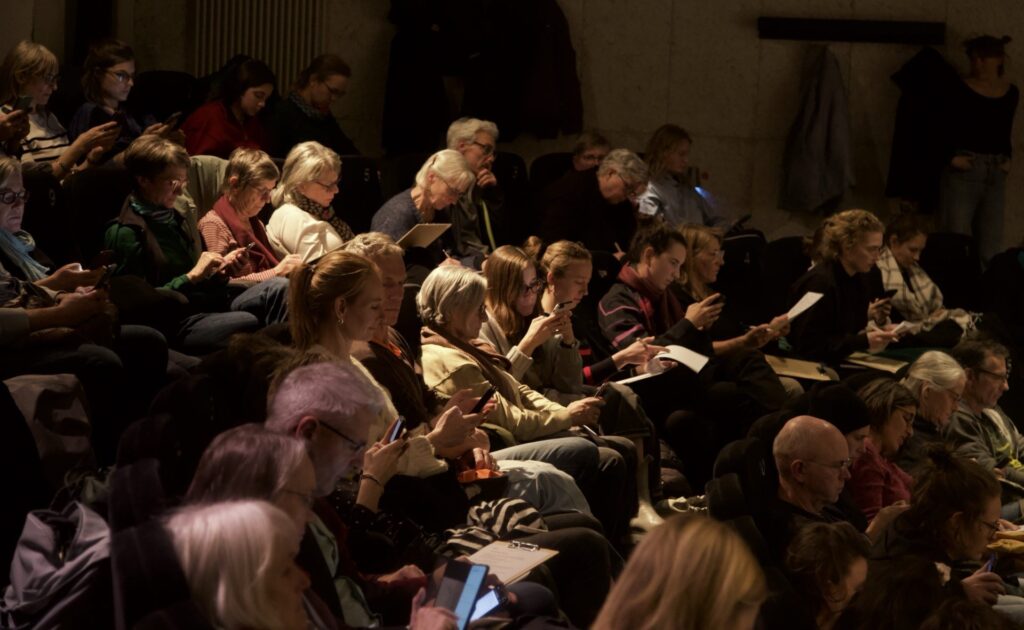
Workshop on communal catering (07.11.2024)
At the beginning of November, a workshop of the ICN project “Sustainability Transformation of Communal Catering” took place in Karlsruhe under the direction of Prof. Dr. Arnim Wiek, Dr. David Sipple and Saskia Stark-Ewing. The topic of the workshop was how municipalities can organise sustainable communal catering. In addition to presentations on the design of community catering and examples from municipal practice, the participants were able to obtain further information and exchange ideas at the two workshops.
The event began with lunch in the canteen of Badische Versicherungen (BGV) – in other words, with an illustrative example. After the keynote speech by Prof. Dr. Arnim Wiek and Dr. David Sipple from the University of Freiburg, Andrej Hänel from the Baden-Württemberg Ministry of Food, Rural Areas and Consumer Protection spoke about the state’s support for sustainability in communal catering. Sandra Schmidt from KA.Wert offered practical assistance for the procurement of organic regional products in communal catering. Successful examples were then presented, including sustainable consulting services from Berlin (Kantine Zukunft), public procurement models from Freiburg and municipal companies from Au am Rhein. Approaches from the city of Biel (Switzerland), such as municipal regulations and in-house operations, as well as specific training programs for kitchen staff (Nuremberg) were also presented, in each case by municipal experts. The examples clearly showed how local authorities can actively contribute to sustainable communal catering. The event also provided space for lively discussions in which participants were able to explore the transferability of the practical approaches to their own municipality and plan initial concrete implementation steps. In some cases, the first pilot projects have already been outlined. “The combination of practical examples and the personal exchange with municipal experts really helped us to take away concrete ideas for our municipality,” said one participant.
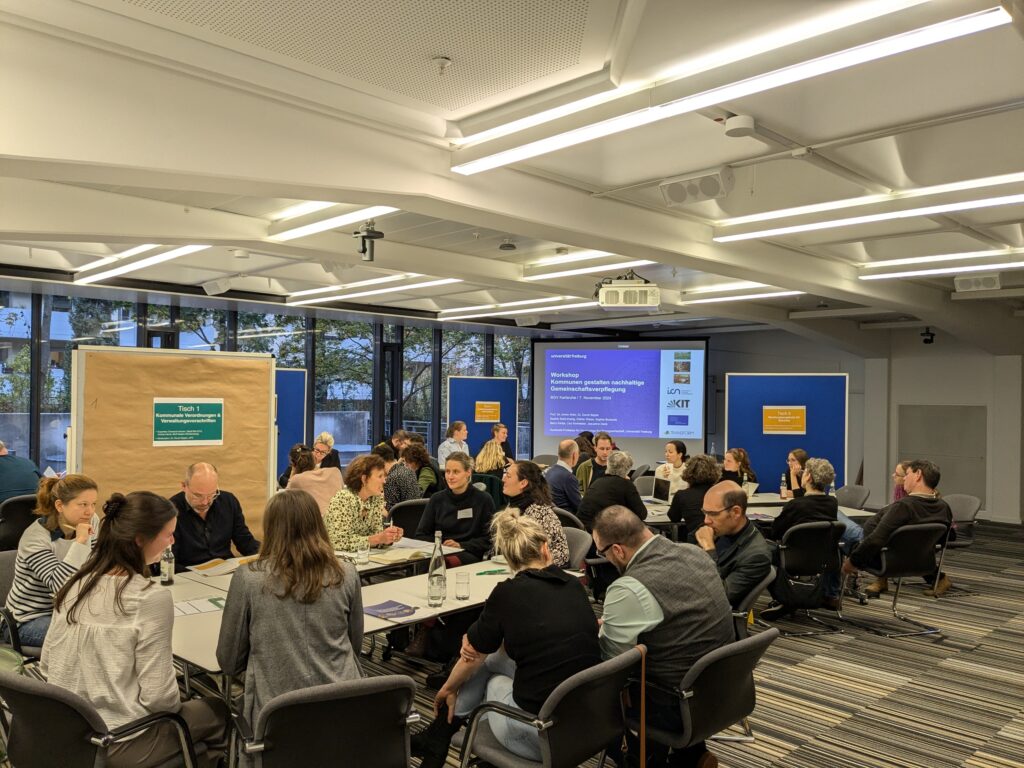
Käpsele Innovation Festival (15 July 2024)
The Käpsele Innovation Festival took place for the first time on the grounds of the ZMF on 15 July 2024. The ICN was represented by Dr Nina Kulawik, who discussed the limits of green technologies with Karlkristian Dischinger, CEO kd-holding GmbH, Andreas Schäfer, Business Development Manager Hydrogen, Lisa Langer, CFO ionysis and Florian Reiners, founder of Wiferion GmbH. With 600 guests, the festival was fully booked and the ICN with its two Freiburg managing directors was able to introduce itself to a broad regional audience and further expand its network.
Hochschulsymposium München (15/16 May 2024)
On 15 and 16 May, Dr Dörte Peters was a guest on behalf of the ICN at the XVII Hochschulsymposiumin Munich entitled ‘Sustainability in science: the need for new forms of cooperation’. Lectures, panel discussions and personal exchanges highlighted the importance of creating space for dialogue between science, politics, business and society.
TransferAllianz Conference (7 May 2024)
On 7 May, Dr Nina Kulawik participated in the panel ‘Impact mit Nachhaltigkeit’ at the TransferAllianz conference on behalf of the ICN. The session dealt with the design of transfer activities with regard to sustainability and the selection of suitable sustainability concepts. The discussion showed why it is worthwhile for scientific institutions to emphasise the topic of sustainability in transfer. It focussed in particular on the important role of interfaces such as the ICN and the significance of transdisciplinarity in the transfer of knowledge in science and society. Other speakers included Christian Brei, Vice President of Leuphana University Lüneburg, and Isabel Gomez, Managing Director of C2C LAB, Berlin. At the conference, the ICN was presented to a broad audience from science and society and valuable contacts were made.
Kick-off of the ICN projects (7 May 2024)
On 7 May 2024, the kick-off of the ICN projects took place in the Senate Hall of the KIT in Karlsruhe. This event centred on the special, transformative and transdisciplinary character of the innovation campus model recently established by the state of Baden-Württemberg. The aim of the workshop was to exchange information on the specifics of the ICN across all projects, to enable close networking between the projects, and to optimise their work during the ICN’s development phase. The workshop served to find out where the individual projects stand, where they want to go and how they can be interlinked with the overall concept of the ICN and its structure.
As a result, numerous synergies emerged between the funded projects in the areas of transformation/innovation, for example with regard to the potential linking of the various innovation ecosystems, which can contribute to better visibility and greater reach of the projects.
Kicking off the ICN (24 January 2024)
At the ICN kick-off event on 24 January 2024 in Freiburg, Minister of Science Petra Olschowski announced and presented the ICN ’s first three start-up projects and three exploratory projects. Read more in the ICN kick-off press release.
Initial information and network meeting (4 October 2023)
On 4 October 2023, the University of Freiburg and the Karlsruhe Institute of Technology (KIT) invited representatives from science, industry, politics, and civil society to an initial information and network meeting under the motto ‘Transformations for Urban Regions of the Future: Climate Protection, Resource Conservation, and Well-Being’. Participants discussed ideas for shaping the three innovation fields of climate protection, resource conservation, and well-being in working groups and in a panel discussion.
‘The enthusiastic response and intensive exchange between the participants have already stimulated the development of the campus at this early planning stage’, says Daniela Kleinschmit, the University of Freiburg’s Vice Rector for Internationalization and Sustainability. ‘We want to start building up a network as early as possible, because this will be decisive for the work and the success of the Sustainability Innovation Campus – and we are very much looking forward to intensifying and expanding the network’.
